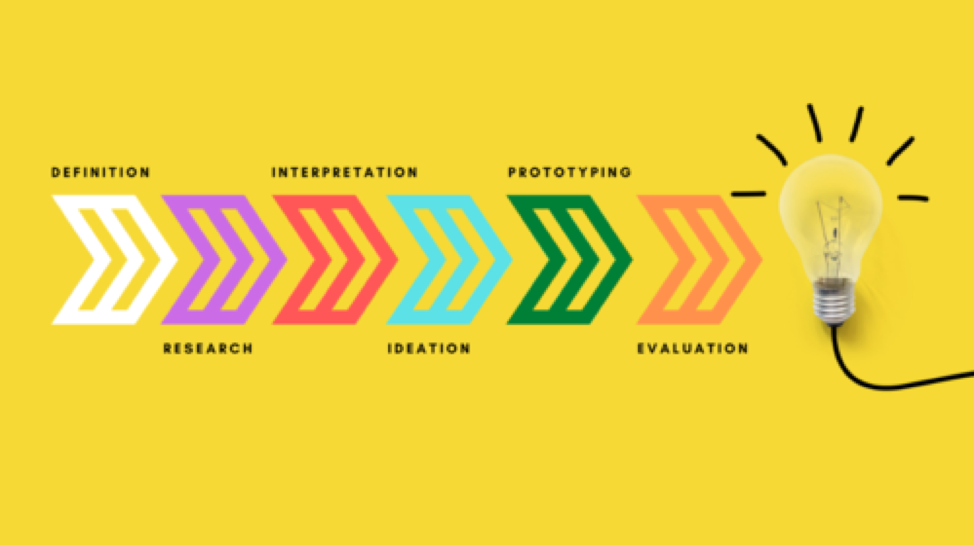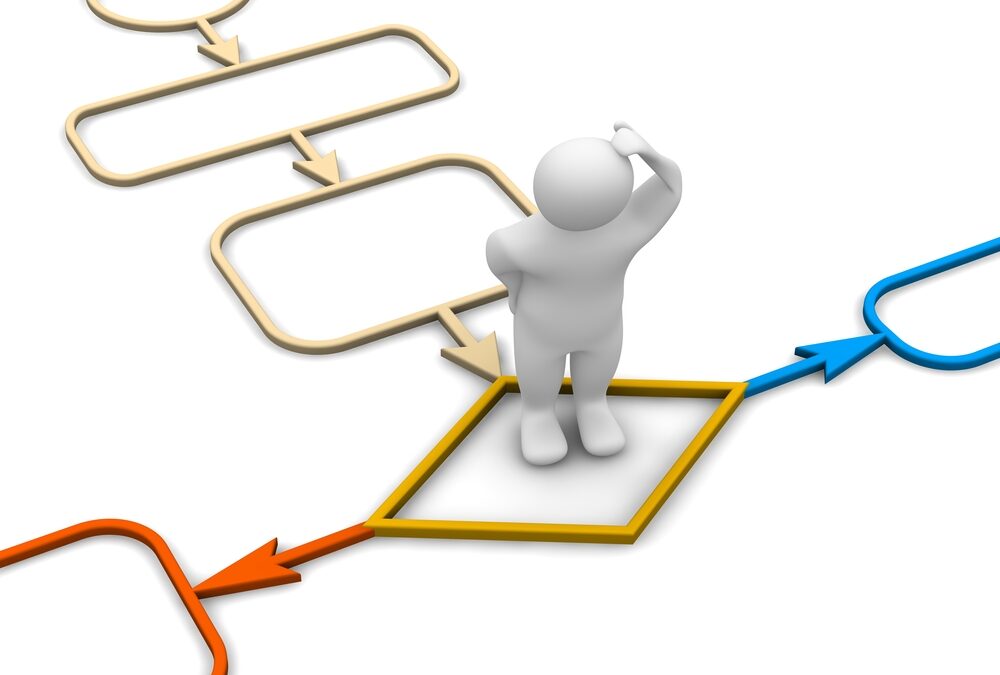Editors Note: DBizInstitute is excited to share this article, written by Dr. Setrag Khoshafian, with our community and in advance of his new book release. Keep an eye on our website as we share additional articles in the coming months written by Setrag, as well as a pending Meet the Author webcast to discuss his new book ‘How to Alleviate Digital Transformation Debt’ expected to air Fall 2021. Be sure to pre-register! This article was originally published on CognitiveWorld.com on December 11, 2019.






















